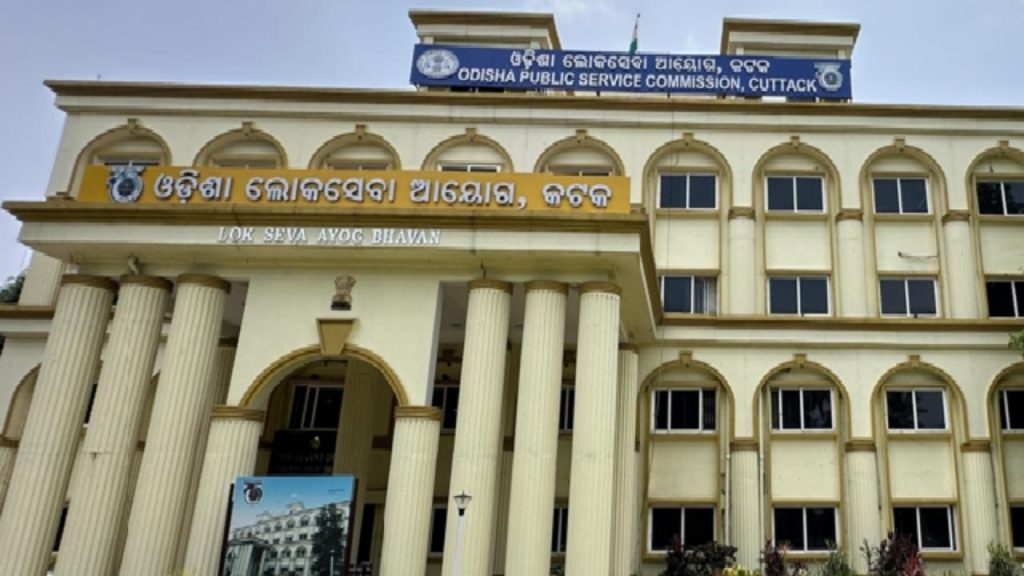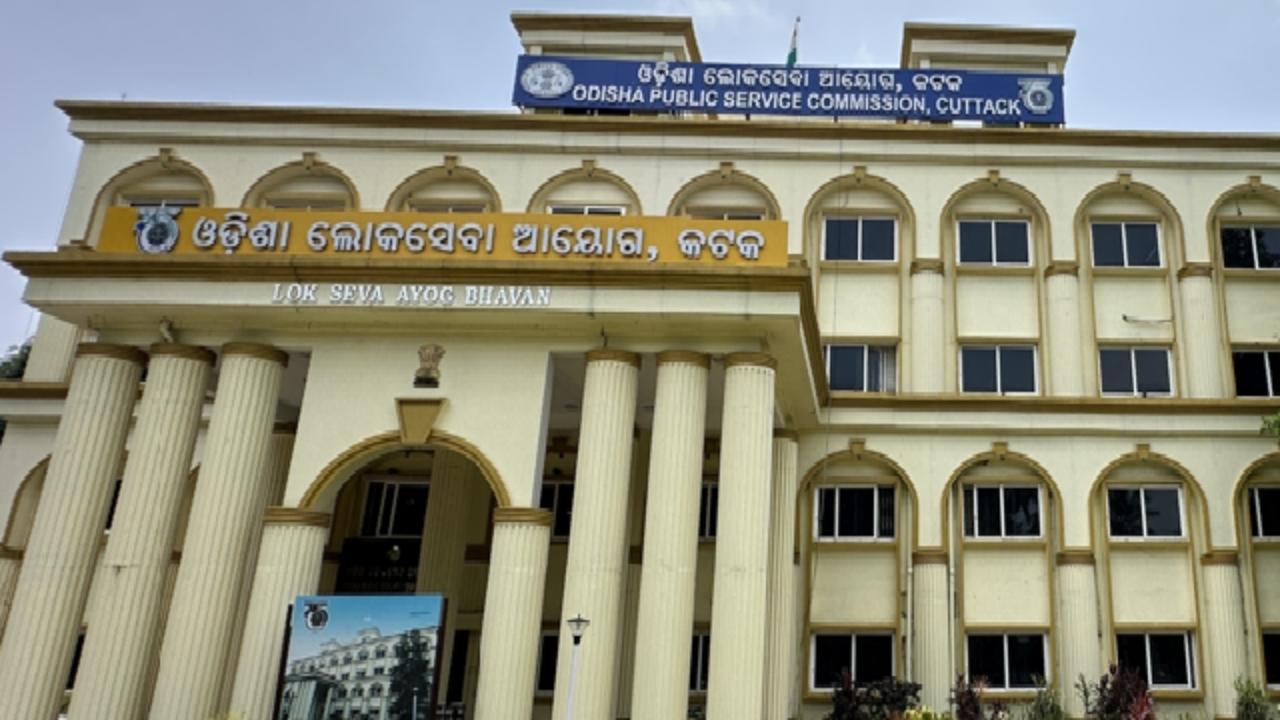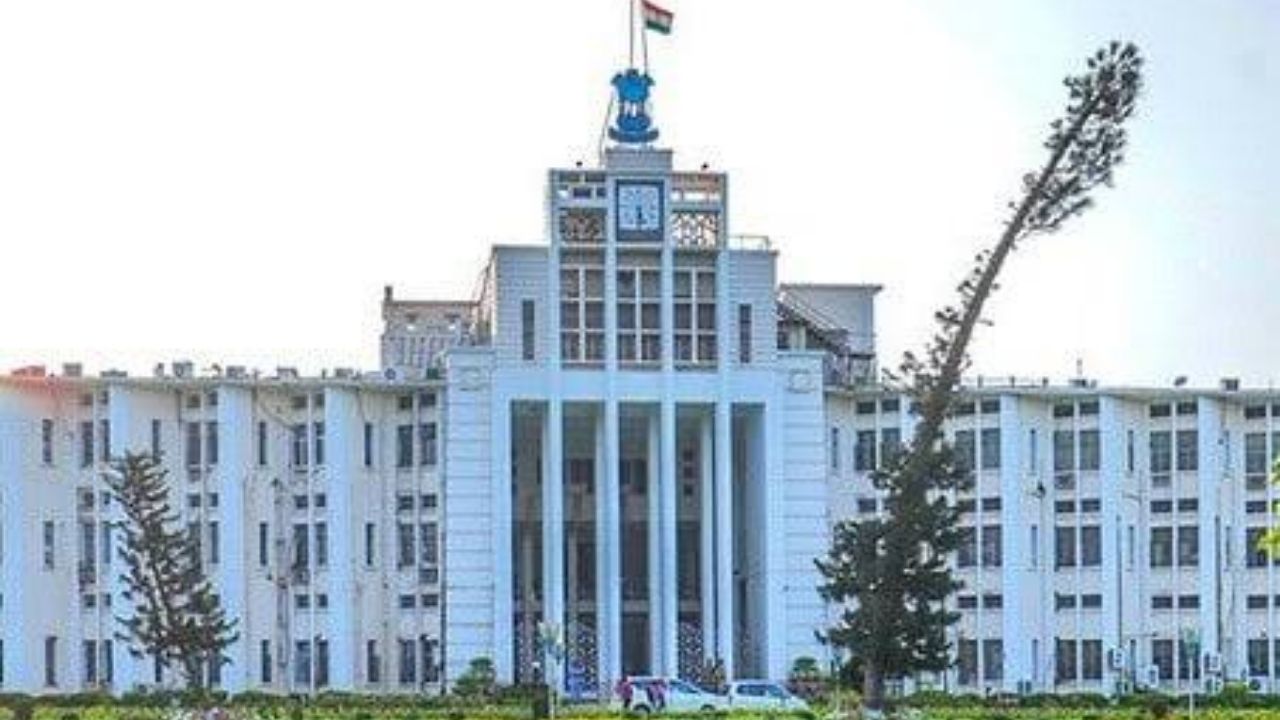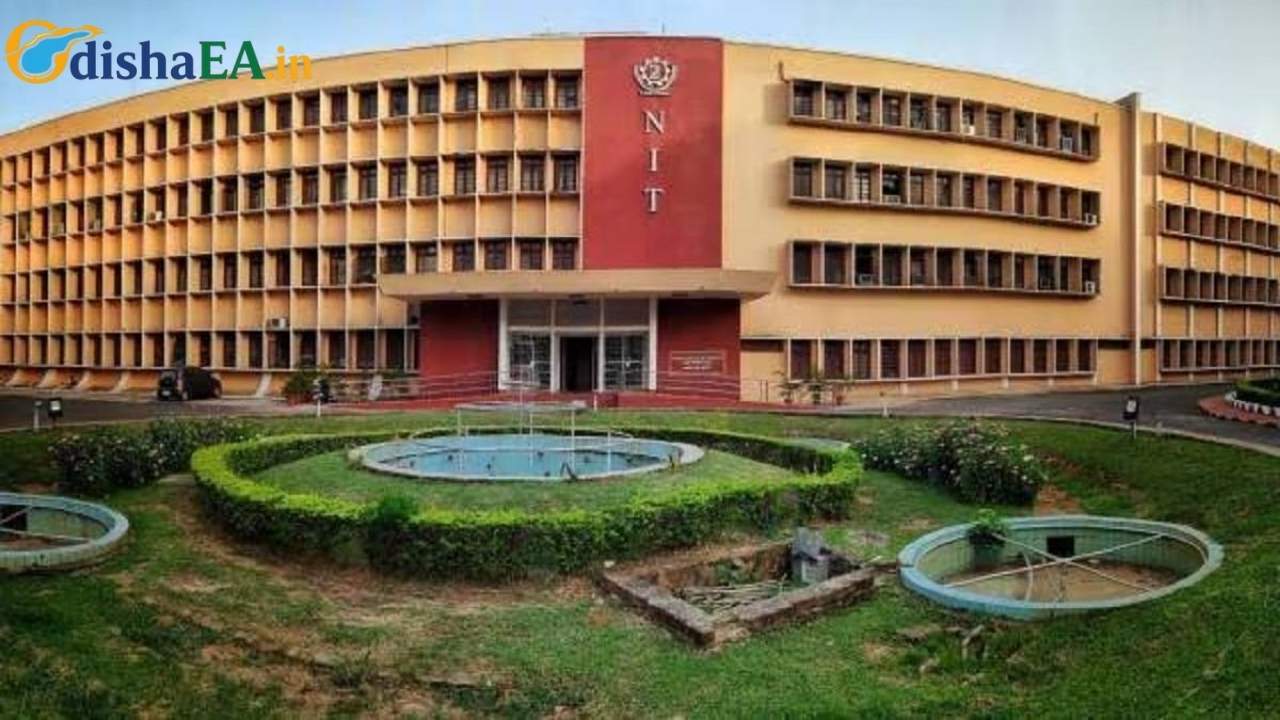BHUBANESWAR – The Odisha Information Commission has directed the Odisha Public Service Commission (OPSC) to provide candidates with their interview marks upon request, reinforcing the principles of the Right to Information (RTI) Act. This significant ruling addresses long-standing concerns about transparency in the state’s public recruitment process and affirms a candidate’s right to access their complete OPSC interview marks.

Commission Upholds Transparency in Recruitment
In a recent order, the State Information Commission adjudicated on a plea filed by an aspirant who was denied access to his interview scores for the Odisha Civil Services examination. The OPSC had previously refused to disclose the marks, citing confidentiality concerns. However, the Commission ruled that such information does not fall under the exemption clauses of the RTI Act.
The order explicitly states that providing interview marks to the candidate who appeared for it enhances the credibility of the recruitment system. This decision sets a crucial precedent for thousands of applicants who appear for various competitive examinations conducted by the OPSC each year. According to the Commission, withholding such information is detrimental to the spirit of transparency in recruitment.

OPSC’s Stance vs. The Right to Information
The OPSC has historically maintained that the interview process involves confidential assessments that should not be made public. Public bodies often argue that disclosing such details could compromise the objectivity of the evaluation process and potentially expose interview board members to undue pressure or litigation.
However, the State Information Commission’s ruling counters this argument, prioritising the citizen’s right to information. Legal experts note that this decision aligns with several judgements from the Supreme Court of India, which have consistently favoured greater transparency in the functioning of public institutions, including examination bodies. The core principle upheld is that a candidate has an undeniable right to know the reasons for their selection or rejection, and marks are a fundamental part of that explanation.

The Role of the State Information Commission
The Odisha Information Commission is a statutory body established under the RTI Act, 2005. It is the highest appellate authority in the state for RTI matters. Its mandate is to ensure that public authorities comply with the Act and to adjudicate on complaints and appeals from citizens who have been denied access to information. This ruling is a direct exercise of its powers to enforce the provisions of the Act.
Implications for Aspirants and Future Exams
This landmark order is expected to have a far-reaching impact on how the OPSC and other state recruitment agencies conduct their affairs.
- Empowerment of Candidates: Aspirants will now be able to obtain a complete breakdown of their performance, enabling them to better assess their strengths and weaknesses. This can also help them identify potential inconsistencies or errors in the evaluation process.
- Increased Accountability: The mandate to disclose scores will likely compel the OPSC to adopt more robust and standardised evaluation metrics for interviews. Knowing that their decisions are subject to scrutiny, interview boards may exercise greater diligence and objectivity.
- Potential for Reduced Litigation: While some fear an increase in legal challenges, transparency can also reduce disputes. When candidates receive clear and complete information, it can pre-empt grievances that arise from suspicion and a lack of information.
Odisha Govt Sets Up Panel to Address Teacher’s Protest Issues
Mahanadi to Witness 5.5 Lakh Cusec Flood Flow, Odisha Govt Issues Warning
Tata Power Rolls Out Rooftop Solar in Odisha; Here’s How the ULA Model Benefits You
An RTI activist, speaking on the condition of anonymity, stated, “This is a victory for every job aspirant in Odisha. Forcing public service commissions to be transparent is the only way to ensure merit-based selection and build public trust in these institutions.”
The ruling underscores a growing national consensus that transparency is not a hindrance but a cornerstone of fair public administration. While the OPSC is yet to issue a formal statement on its implementation of the order, the directive from the Information Commission is binding. It marks a significant step towards ensuring that the process of selecting the state’s future public servants is not only fair but is also seen to be fair.





